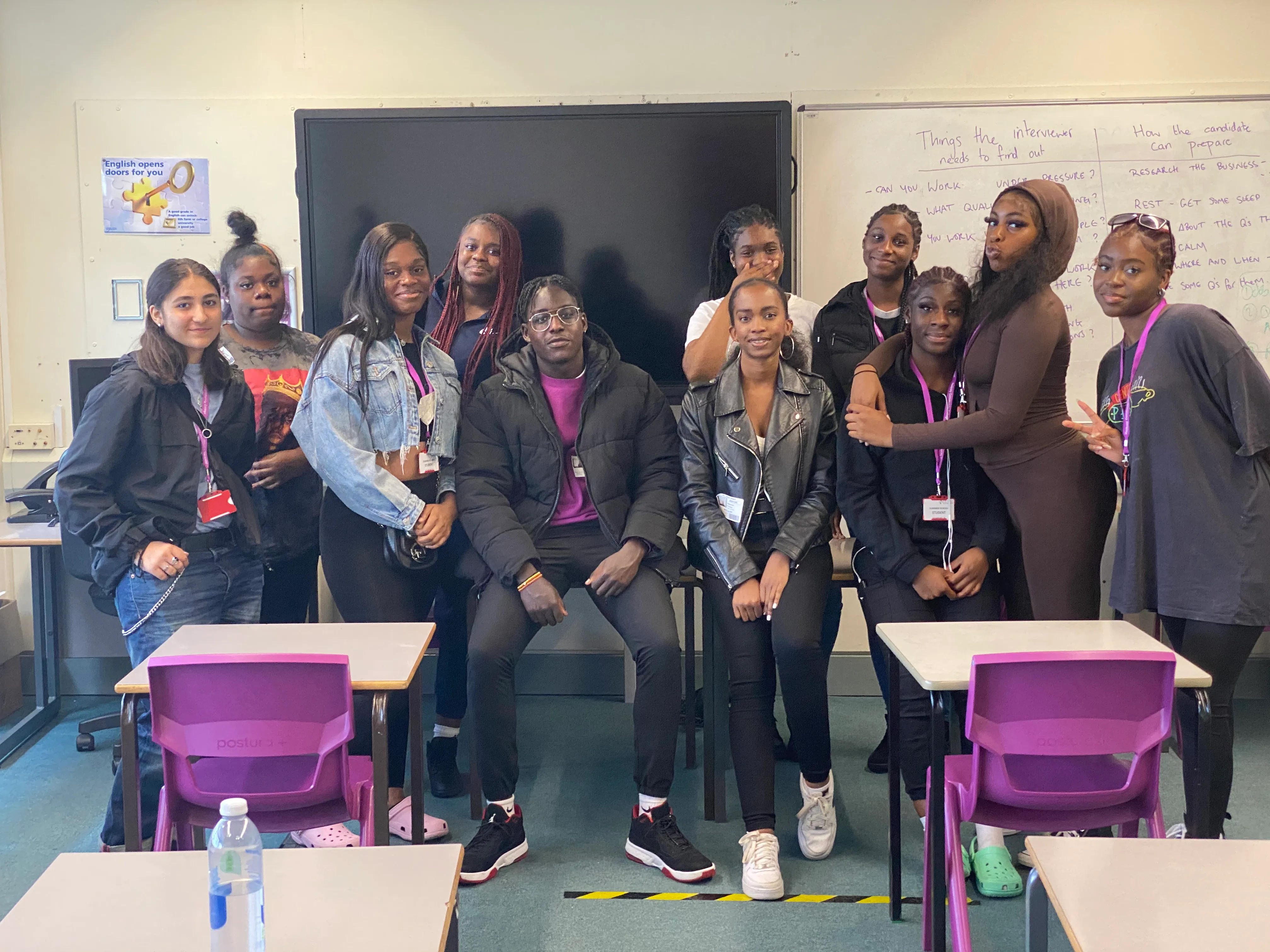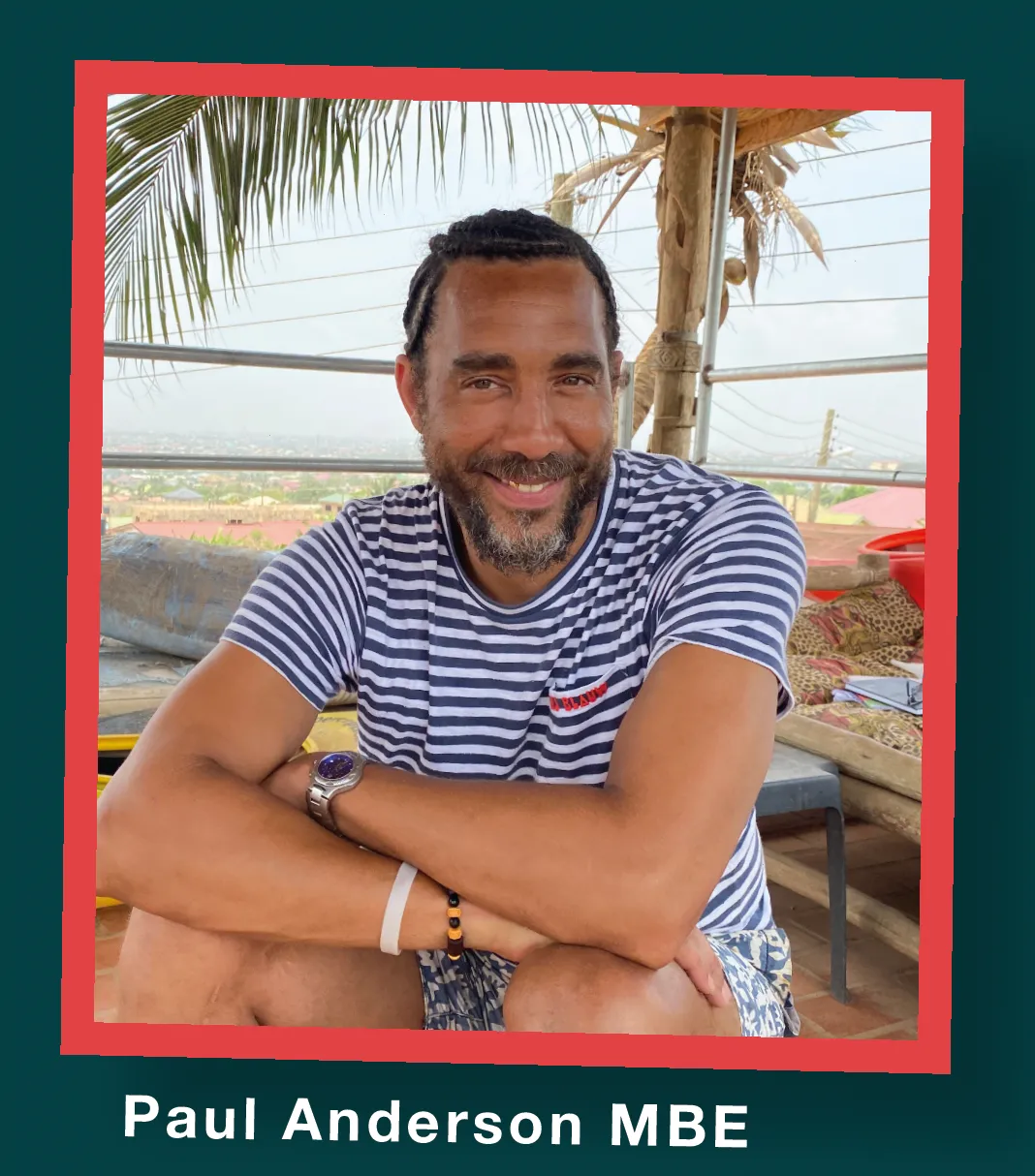
In 2015, Voyage embarked on a transformative journey to Hackney from our original base in Brixton, driven by an unyielding resolve to combat the knife crime and mend strained police relations in our communities. However, this relocation coincided with a concerning trend: a decline in investment for preventative programmes, exacerbated by stringent funding requirements that disproportionately hinder smaller, community-led organisations like ours.
Consequently, essential preventative initiatives aimed at dissuading young people from carrying knives were severely compromised, leaving vulnerable individuals without the support, healing, and access to services they so desperately need.
The impact of this shortfall in investment is both visible and palpable to us. Since moving to Hackney, we have witnessed a systematic reduction of youth investment in youth clubs, community provisions marking the start of greater Police involvement in criminal justice institutions and surviving youth organisations. These factors have coalesced to create a hostile environment fostering a narrative that paints young people as problematic, exacerbating existing challenges and stifling opportunities for positive change.
These factors have now become the new normal and has served to further disadvantage vulnerable at-risk young people who are more often seen as perpetrators and not victims. We believe this has been amplified by smaller, culturally relevant, asset-based black and diverse-led youth organisations becoming more concerned with evidence-based theory of change and safeguarding documentation, rather than being supported to work more closely with the young people and families that they understand and empathise with.
The impact of this is deep and long-lasting, serving to tear families and communities apart by the devastating loss of loved ones to knife crime, leaving very few options for our young people to get the support they desperately need. Yet, amidst this turmoil, we remain resolute in our commitment to advocating for change and keeping our doors open to young people at our base in New City College and at the Museum of the Home in Shoreditch.
We implore the Mayor of London, now in his third term, and our local authority leaders to recognise the invaluable and distinctive role of black and diverse-led organisations in tackling knife crime through accreditation leadership projects and voice-oriented programmes. Organisations like ours possess a profound ability to forge authentic connections with young people from challenging backgrounds, drawing upon lived experiences to deliver potent messages of desistance and resistance. However, systemic barriers, including funding requirements favouring larger, less inclusive charities, threaten the very existence of organisations like ours. We simply seek to redress this imbalance and persuade the mayor and others to reassess their funding priorities and provide accessible funding and support for smaller organisations to access sustainable investment, helping them to keep their doors open. Whilst we believe it is important to invest in initiatives supporting knife crime victims, it is often too late to intervene sustainably; thus, much more needs to be done before they become victims. Let's bear in mind that the most effective lessons are imparted when young people are inspired, rather than feeling conditioned, pressured, or influenced by incentives.
Since our arrival in Hackney, we have borne witness first-hand to the devastating impact of knife crime on our young people and communities. We have stood alongside grieving families (Levy 2004, Addai 2015, and Bawuah 2024), offering support and solace in their darkest hours. Yet, despite the pressing urgency of the situation, the voices of those affected often go unheard by political leaders, their pain unrecognised, and their losses completely unacknowledged. We simply demand that this changes.
One potential solution lies in honouring the memories of those we have lost to knife crime, ensuring that their names and lives are not consigned to oblivion but instead woven into the fabric of our community's transformation. Just as landmarks are renamed (the Geoffrye Museum is now the Museum of the Home, and there are plans to rename Hoxton Station to Windrush) to reflect our evolving society, we propose the inclusion of the names of young knife crime victims in the renaming of streets in Hackney. By immortalising their legacies in this manner, we not only pay homage to their memory, help grieving families but also reaffirm our commitment to constructing a safer, more inclusive community for all.
As we confront the impact of knife crime in our communities, let us heed the clarion call of organisations like Voyage in Hackney. Let us summon the courage to challenge the prevailing norms, to repose our trust in the expertise of those who intimately grasp the intricacies of our communities, and to invest wholeheartedly in preventative measures that proffer hope and opportunity to those in need. The time for action is now.
Additionally, in addressing the pressing issue of funding distribution, we call upon MOPAC and the Violence Reduction Unit (VRU) to adopt a more collaborative approach, one that encourages larger organisations to work across the sector and extend support to smaller, grassroots initiatives in their locality. By making collaboration a necessary criterion for knife crime funding, we can harness the collective strength of organisations, bolstering each other's efforts and forging a united front against knife crime. Together, we can effect lasting change and create a safer, more resilient community for generations to come.

Paul Anderson MBE
Paul is the CEO of Voyage in Hackney, pioneering innovative youth leadership programmes in community safety, sustainability, and another in digital technology. He's dedicated to guiding young people into underrepresented industries, amplifying their voices whilst nurturing future leaders who return to inspire the next generation.
www.voyageyouth.com
